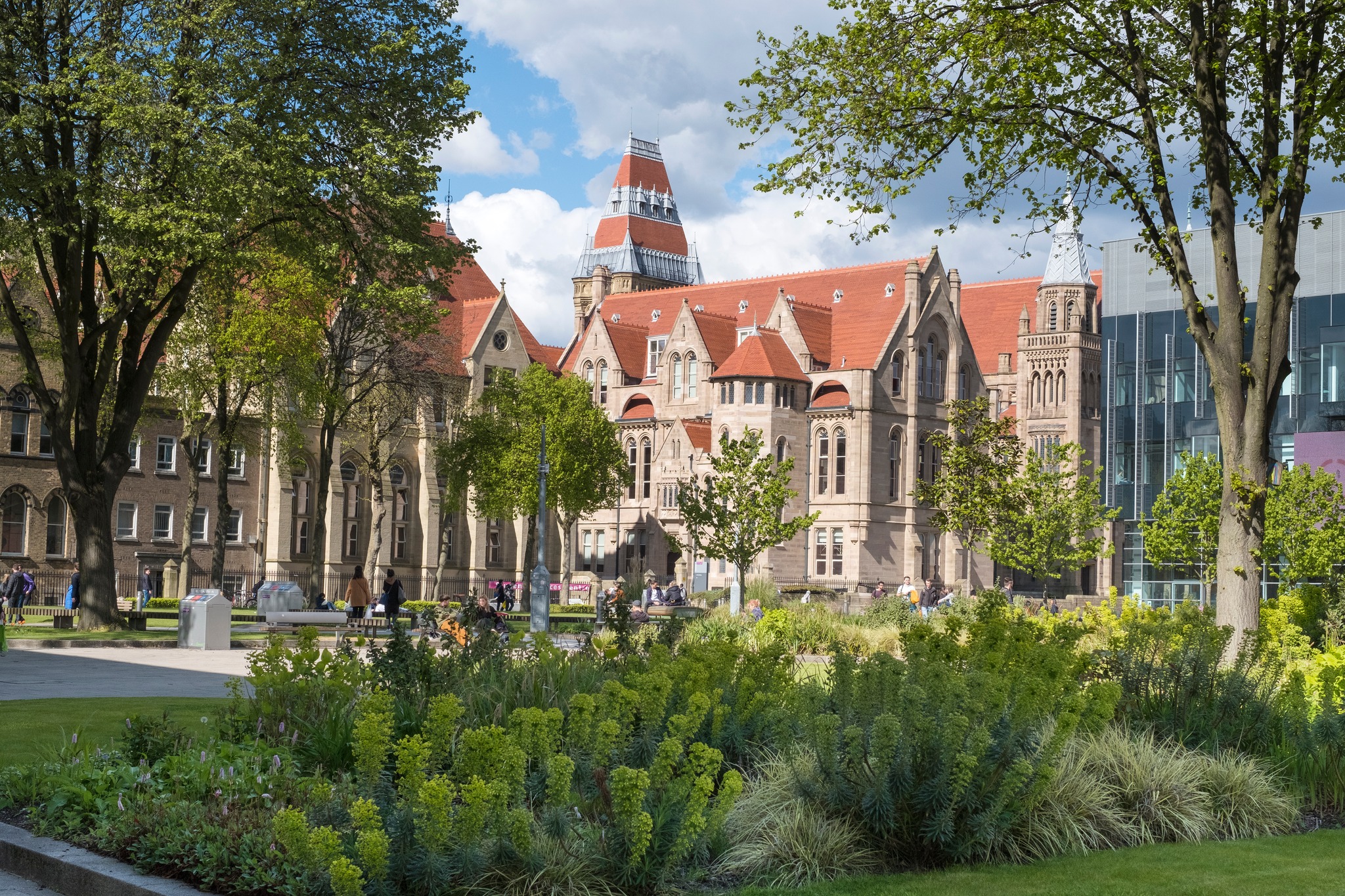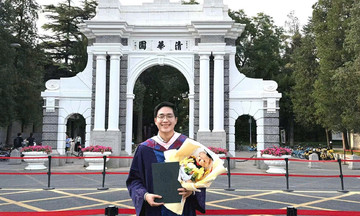In an announcement last week, the Home Office said unfounded applications to remain or seek asylum would be immediately rejected.
"If you have no legal right to remain in the UK, you must leave. If you do not leave, we will remove you," the message stated.
According to Home Secretary Yvette Cooper, some international students have recently applied for asylum "even when the situation in their home country hasn't changed."
"We need to stop that kind of abuse, and that's why we're sending these messages – so people are very clear that the asylum system is not for people who just want to extend their visa," she said on BBC Breakfast.
The Home Office says it received over 41,100 applications to remain last year, of which around 16,000 were from students, nearly six times the number in 2020.
However, Jo Grady, general secretary of the University and College Union (UCU), called the campaign an "attack on international students."
"They should be sending a message about a welcoming and economically strong UK in which international students and world-leading higher education are integral," she said.
 |
The University of Manchester campus, UK. Photo: The University of Manchester Fanpate |
The University of Manchester campus, UK. Photo: The University of Manchester Fanpate
For almost two years, the UK has tightened regulations on international students to curb immigration. The country will levy a 6% tax on international student tuition fees to reinvest in the higher education system and support domestic students. This tax is estimated to generate £600 million, according to Universities UK, an organization representing over 140 universities in the country.
Dependents of international students, usually spouses, must have A1-level English proficiency to enter, A2 to extend their visa, and B2 for settlement. This is a new requirement. The time allowed for students to stay and look for work after graduation has been reduced from two years to 18 months.
Meanwhile, universities must have a minimum student enrollment rate of 95% and a course completion rate of 90% to recruit international students.
Currently, tuition fees for non-EU international students range from £20,000 to £41,000 (0.7 to 1.47 billion VND) per year. For medicine, the figure is almost £68,000.
Despite this, over 110,800 UK study visas were approved in the first half of the year, an increase of about 18% compared to the same period last year. Indian students received the most visas, with over 35,000. China followed with about 9,600 visas. The number for Vietnamese students is around 400, 1.5 times higher than last year.
Last academic year, over 730,000 international students came to the UK, contributing £10 billion to the country's economy. UK universities have the advantage of shorter bachelor's and master's degree programs, typically one year less than in other countries. The most popular field of study is business and management, attracting over one-third of all international students.
Doan Hung (The Guardian, The Pie)












